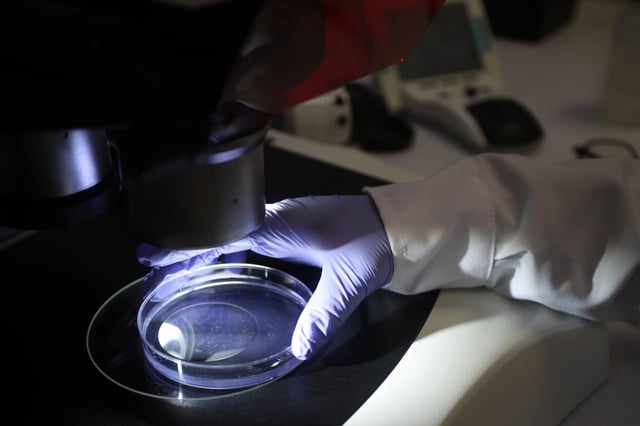Overview
- Researchers trained an AI system, Evo, on roughly two million bacteriophage genomes, generated 302 complete candidates, synthesized the DNA, and found 16 that replicated and killed E. coli.
- The experiments targeted the minimal phage phiX174, whose small genome allowed direct DNA “boot up,” though experts stress that scaling to larger organisms remains an unresolved challenge.
- Several AI-generated phages outperformed the natural phiX174 in infectivity assays, according to results described in the preprint and reporting by The Register.
- The team says it excluded human‑infecting viruses from training data, while genome pioneer J. Craig Venter urged extreme caution given potential misuse with dangerous pathogens.
- The work appears as a preprint the authors say is under peer review, and commentators point to potential applications such as phage therapy and improved viral vectors alongside calls for stronger oversight.


